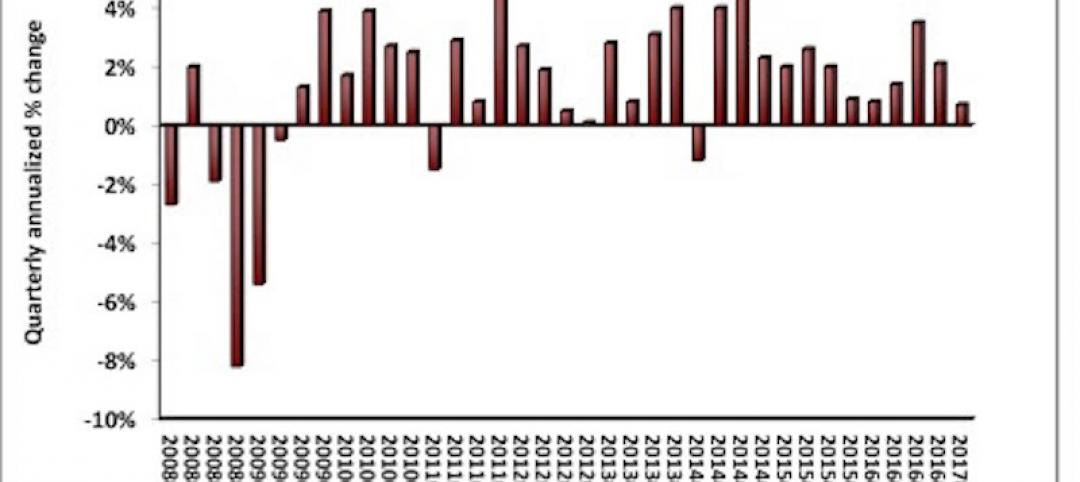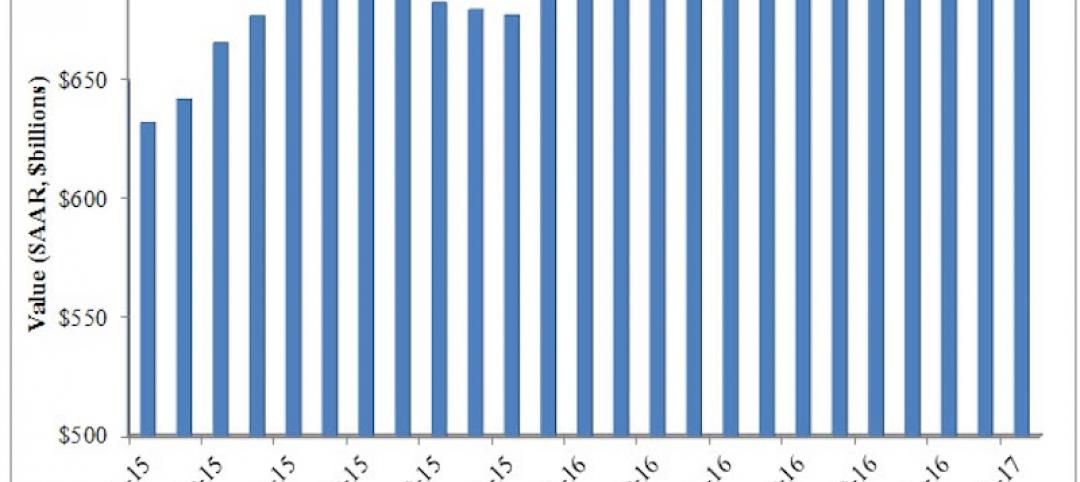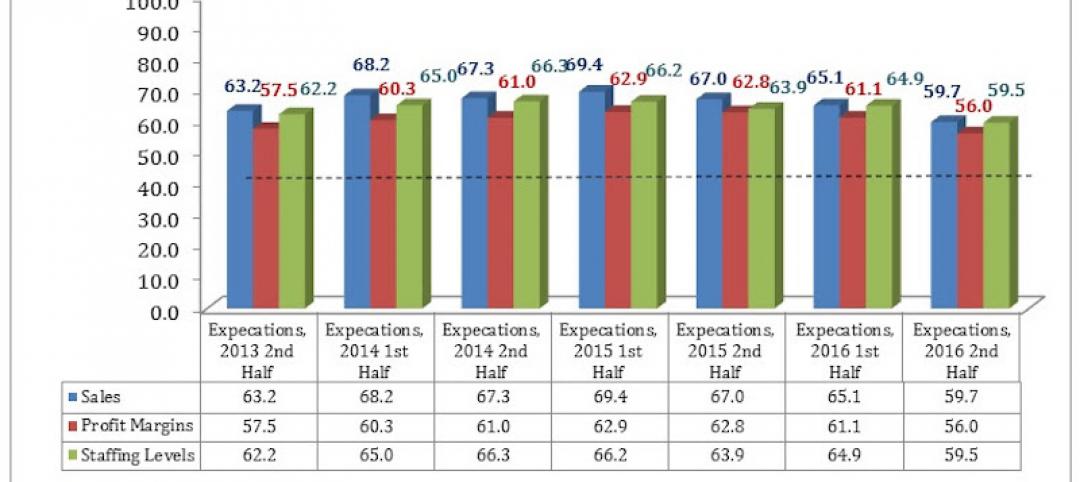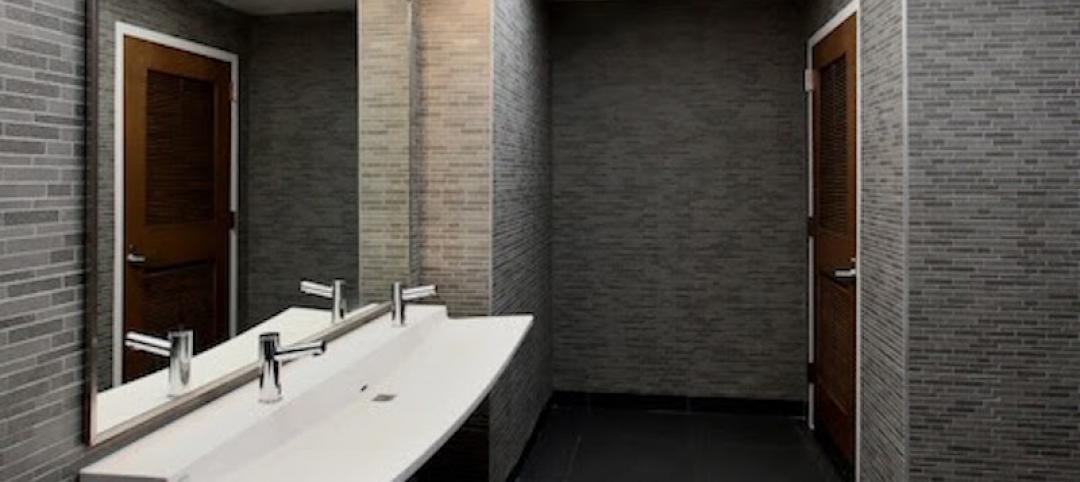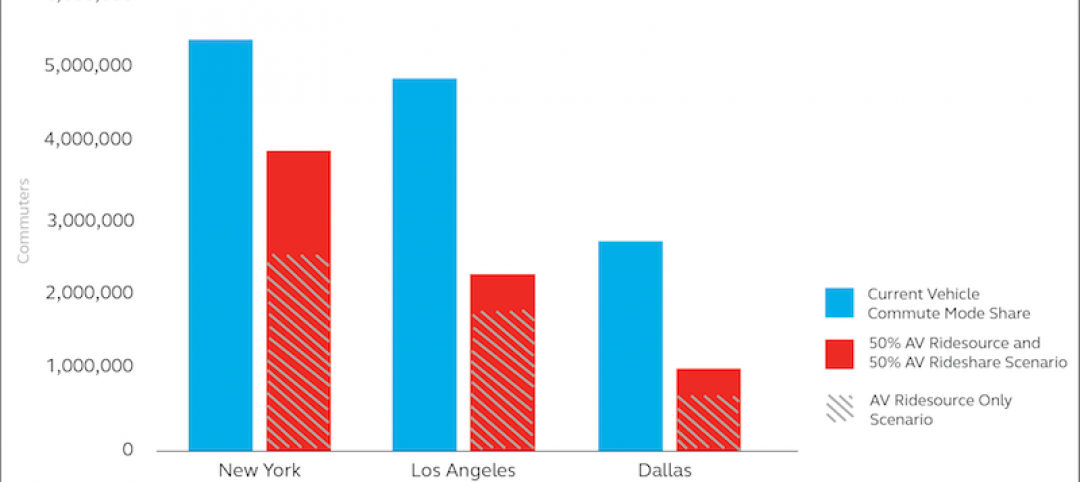Licensure candidates and new architects are more diverse than ever before, according to new data from the 2017 edition ofNCARB by the Numbers. Released annually by the National Council of Architectural Registration Boards (NCARB), the publication provides exclusive insight into the number of U.S. architects, the pool of candidates working toward licensure, and diversity in the profession.
Closing the Gender Gap
For the first time since NCARB began collecting demographics data, gender equity improved along every career stage—including gaining professional knowledge through the Architectural Experience Program™ (AXP™), starting the Architect Registration Examination® (ARE®), and earning a license.
In 2016, women accounted for 47 percent of new AXP participants and 42 percent of new ARE candidates. While women remain underrepresented among practitioners and NCARB Certificate holders, they now account for 36 percent of newly licensed architects, compared to 34 percent in the previous year. According to 2015 estimates from the U.S. Census Bureau, women make up 51 percent of the U.S. population.
Racial and Ethnic Diversity
Racial and ethnic diversity is also increasing among licensure candidates, although at a slower pace.
In 2016, 42 percent of new AXP participants and 30 percent of new ARE candidates identified as non-white—up three percentage points for both groups. However, diversity among newly licensed architects and NCARB Certificate holders remained the same. For comparison, 38 percent of the U.S. population identifies as either non-white or Hispanic, according to 2015 estimates from the U.S. Census Bureau.
“While several groups remain underrepresented within the profession, these trends point to growing diversity among licensure candidates, and eventually, future architects,” said NCARB President Kristine A. Harding, NCARB, AIA. “In response, NCARB will continue to ensure our programs balance inclusivity with the rigor needed to protect the public.”
Related Stories
Market Data | May 1, 2017
Nonresidential Fixed Investment surges despite sluggish economic in first quarter
Real gross domestic product (GDP) expanded 0.7 percent on a seasonally adjusted annualized rate during the first three months of the year.
Industry Research | Apr 28, 2017
A/E Industry lacks planning, but still spending large on hiring
The average 200-person A/E Firm is spending $200,000 on hiring, and not budgeting at all.
Architects | Apr 27, 2017
Number of U.S. architects holds steady, while professional mobility increases
New data from NCARB reveals that while the number of architects remains consistent, practitioners are looking to get licensed in multiple states.
Market Data | Apr 6, 2017
Architecture marketing: 5 tools to measure success
We’ve identified five architecture marketing tools that will help your firm evaluate if it’s on the track to more leads, higher growth, and broader brand visibility.
Market Data | Apr 3, 2017
Public nonresidential construction spending rebounds; overall spending unchanged in February
The segment totaled $701.9 billion on a seasonally adjusted annualized rate for the month, marking the seventh consecutive month in which nonresidential spending sat above the $700 billion threshold.
Market Data | Mar 29, 2017
Contractor confidence ends 2016 down but still in positive territory
Although all three diffusion indices in the survey fell by more than five points they remain well above the threshold of 50, which signals that construction activity will continue to be one of the few significant drivers of economic growth.
Industry Research | Mar 24, 2017
The business costs and benefits of restroom maintenance
Businesses that have pleasant, well-maintained restrooms can turn into customer magnets.
Industry Research | Mar 22, 2017
Progress on addressing US infrastructure gap likely to be slow despite calls to action
Due to a lack of bipartisan agreement over funding mechanisms, as well as regulatory hurdles and practical constraints, Moody’s expects additional spending to be modest in 2017 and 2018.
Industry Research | Mar 21, 2017
Staff recruitment and retention is main concern among respondents of State of Senior Living 2017 survey
The survey asks respondents to share their expertise and insights on Baby Boomer expectations, healthcare reform, staff recruitment and retention, for-profit competitive growth, and the needs of middle-income residents.
Industry Research | Mar 14, 2017
6 ways cities can prepare for a driverless future
A new report estimates 7 million drivers will shift to autonomous vehicles in 3 U.S. cities.



